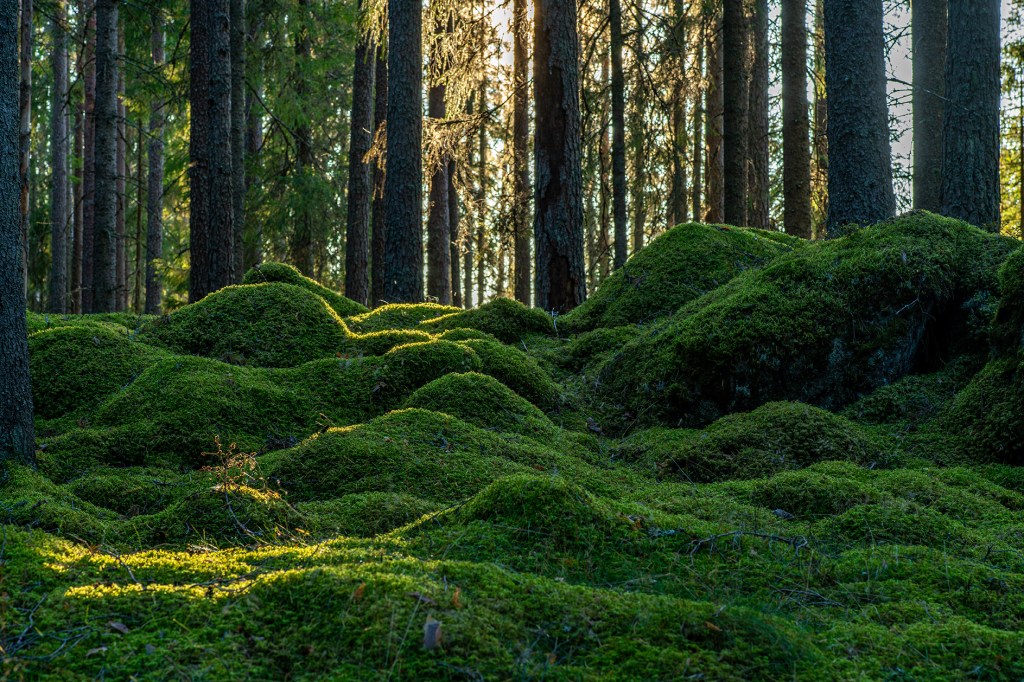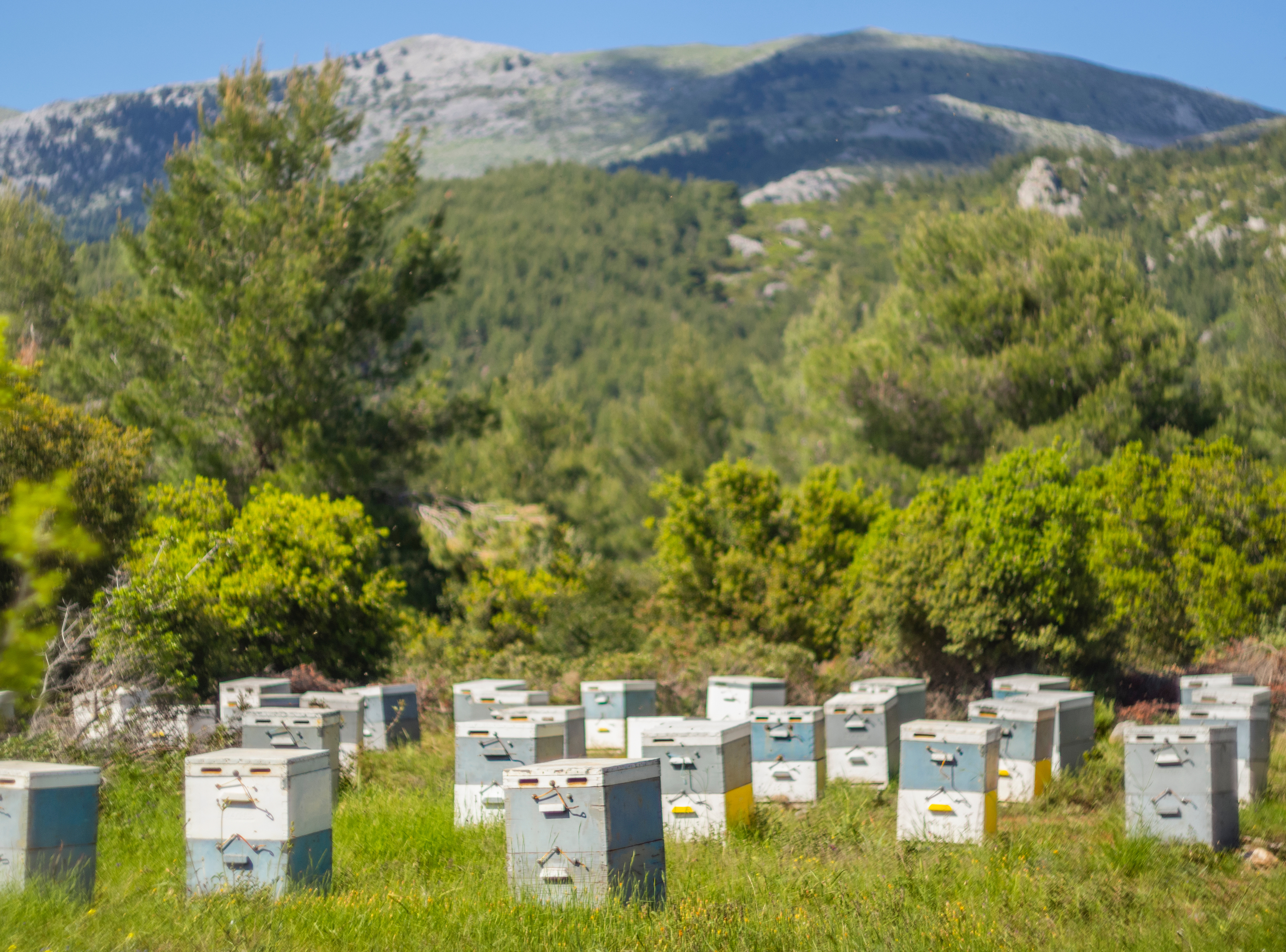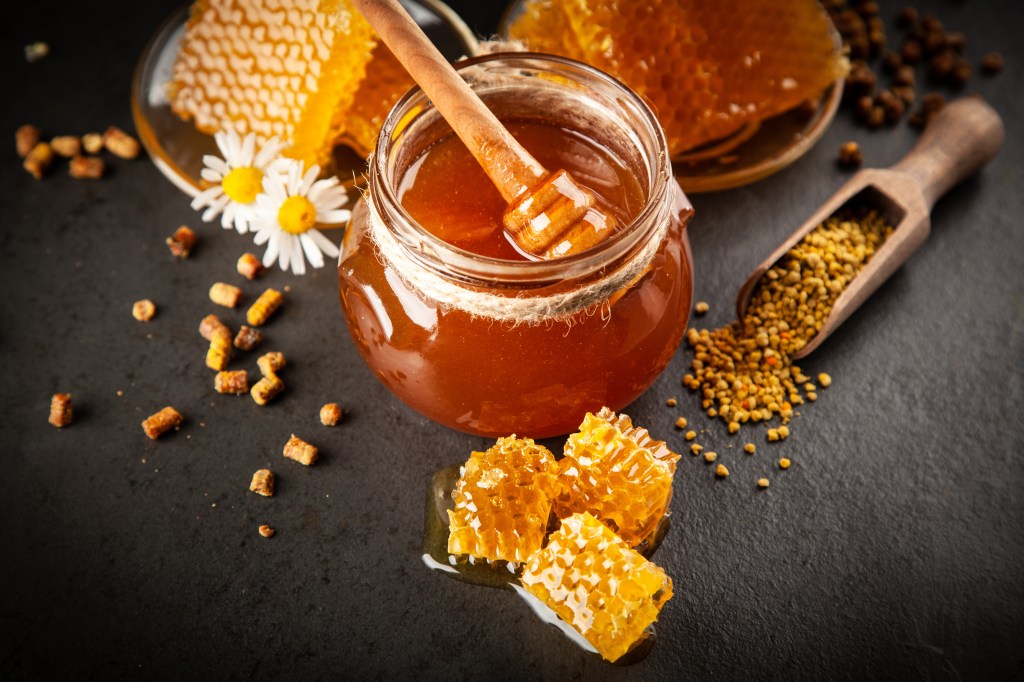Forest Honey
Forest Honey is produced when bees collect the nutritional substances and enzymes from dewdrops on plants or leaves and transform them into honeydew. Due to its dark brown or black color, it is known as black forest honey or black honeydew. This honey contains twice the amount of molecules and minerals compared to regular flower honey. It is rich in amino acids such as arginine, cysteine, glycine, histidine, lysine, methionine, aspartic acid, and glutamic acid, making it highly absorbable by the human body!



Benefits
- Particularly effective in clearing the liver function
- Suitable for use from one to eighty years old
- Suitable for individuals who often experience coughing, sore throat, oral discomfort, and weak lungs
- Exhibits anti-inflammatory and antibacterial properties
- Moistens the intestines and lungs, clears heat, and shows remarkable effects in treating burns and mouth injuries
- Regular use is highly effective in moisturising the skin and has anti-aging benefits
- Strengthens the body’s resistance.
- Enhances immune function
- Prevents colds and wind-related illnesses
SUGGESTED RECIPE
- Consume 1-2 teaspoons directly every day
- Alternatively, mix with chrysanthemum, a few slices of ginger, lemon, or peppermint tea in the morning for optimal effects
- The water temperature should not exceed 50 degrees Celsius, as higher temperatures may damage the nutritional elements of honey.
Note: Not suitable for infants under one year old, individuals with diabetes, and those with skin allergies


